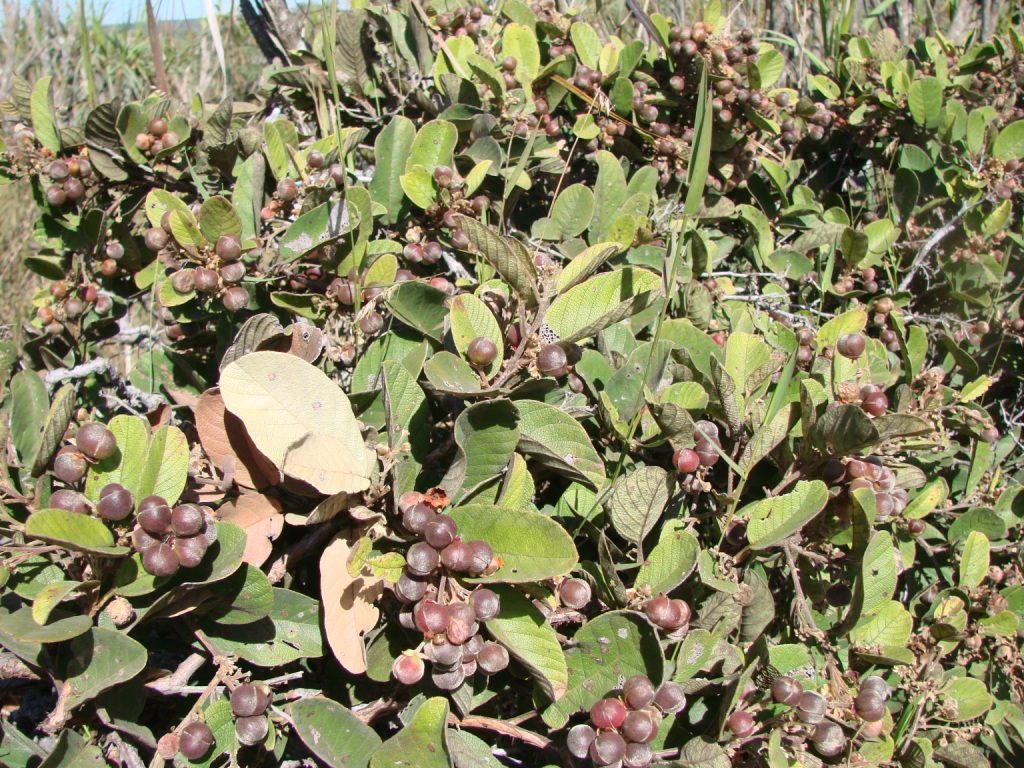 Davilla rugosa is a herb that has historically been used in Brazilian folk medicine. One possible use for the herb is as an anxiolytic agent. For example, in one study researchers made extracts using the stems of the plant and administered it to rats before exposing them to experimental stress. A significant anxiolytic effect was observed with the extract, but the effect was dose specific. There was also a stimulant effect on the rats. This may suggest that the anxiolytic effect is linked to the stimulant effects of the herb. It has been shown that the main phytochemicals contained within the stem of the plant are flavonoids, saponins and mulilage. The leaves of the plant have been shown to contain the flavonoids quercetin, kaempferol and myricetin. Other components identified in the plant include alkaloids, courmarins and tannins. Caffeine has also been isolated from the seed of the plant. The stimulatory effect of the plant may therefore be due to caffeine, although it is not clear if caffeine is represent in the stems, as used in this study.
Davilla rugosa is a herb that has historically been used in Brazilian folk medicine. One possible use for the herb is as an anxiolytic agent. For example, in one study researchers made extracts using the stems of the plant and administered it to rats before exposing them to experimental stress. A significant anxiolytic effect was observed with the extract, but the effect was dose specific. There was also a stimulant effect on the rats. This may suggest that the anxiolytic effect is linked to the stimulant effects of the herb. It has been shown that the main phytochemicals contained within the stem of the plant are flavonoids, saponins and mulilage. The leaves of the plant have been shown to contain the flavonoids quercetin, kaempferol and myricetin. Other components identified in the plant include alkaloids, courmarins and tannins. Caffeine has also been isolated from the seed of the plant. The stimulatory effect of the plant may therefore be due to caffeine, although it is not clear if caffeine is represent in the stems, as used in this study.

Davilla rugosa has been investigated for its adaptogenic properties. Some evidence suggests that extracts of the plant may aid the adaptation of the organism to non-specific stress, and so the plant may have adaptogenic properties. Image of Davilla species of plant. Image from: Av João de Deus Medeiros – https://www.flickr.com /photos/ cerrados/4037951227/, CC BY 2.0, https://commons. wikimedia.org/ w /index.php?curid=13130962.
Eat Well, Stay Healthy, Protect Yourself
RdB
